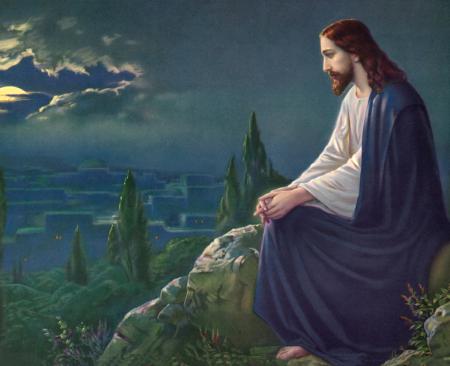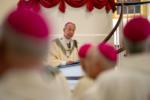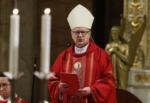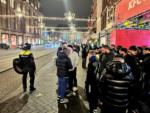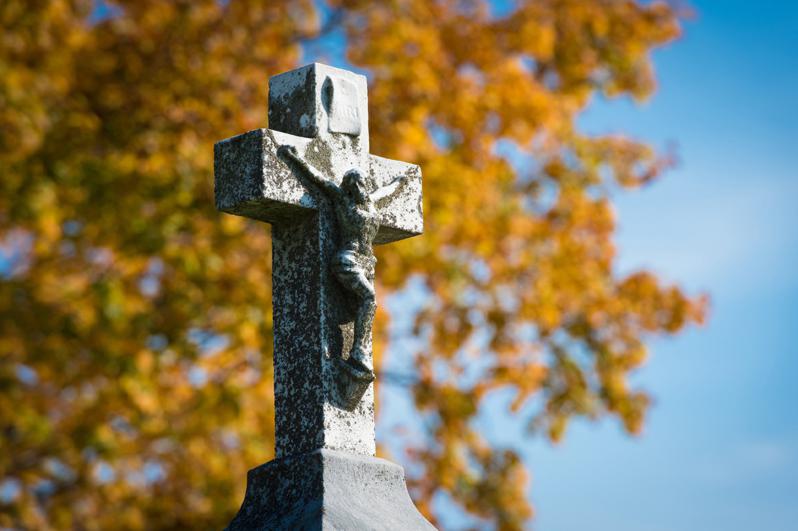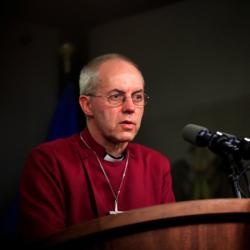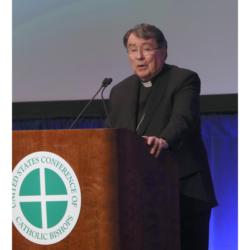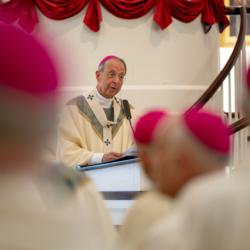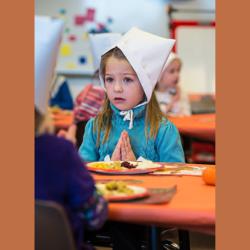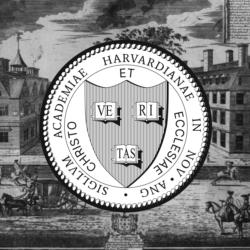Reunions in graveyards
How do you lose a casket?
My friend hasn't figured that out, but eventually, as Julian of Norwich assures us, all was well.
We lived in Alaska then, and my friend's widowed mother had joined their family there as she aged. She was a lovely woman. Before her final home in Alaska, when she and her husband lived in Texas for a time, he died and was buried in that state. So, despite no other family ties to Texas, when she died her family wanted to reunite their mom and dad.
Travel out of Alaska usually features at least one connection and plane change, if not more, so my friend and her brother, making the trip south with their mom's casket, weren't surprised to find themselves delayed in an airport. What was surprising was when the airline assured them the delay would be short and added, "And we will find the casket."
What? How do you lose a casket? It's not like luggage. No one says, "Well, you know, all caskets look alike." Mercifully, it wasn't long before airline personnel assured them the casket had been found, with no explanation.
But it makes for a good story years later.
My friend and I were reminiscing about funerals, graveyards and shifting attitudes. We both grew up in places where our families had lived for generations. Graves are sacred ground, consecrated ground in a Catholic cemetery or in Catholic plots in a public cemetery.
Just as we Catholics love relics, which often puzzles our non-Catholic friends, we revere these mortal remains, destined, we believe, for the resurrection of the body. And this is the time of year -- as All Souls Day beckons -- when those remains seem especially hallowed.
My friend remembered her parents, who never dreamed they'd be buried in Texas, taking the kids to clean up the family graves at the cemetery in the spring.
I grew up in rural Nebraska where visiting graveyards on Memorial Day is so common it's a reunion of sorts.
You can strike up a good conversation with an old friend in a graveyard. And some of those friends may have passed. My brother shared that he spent time talking to a close family friend at her grave in our rural cemetery this year, and that didn't seem strange at all. Graveyards are what Celtic tradition calls a "thin place," where heaven and earth meet.
My parents are buried in this cemetery, along with my brother and my great-grandparents who survived the Irish famine. They lie on a windy hill with a broad vista of cornfields. It's not macabre to love a graveyard. On the contrary, there's a feeling of continuity, of belonging, of hope in resurrection. It impresses on me the shortness of this earthly journey and the gratitude I have for my loved ones.
But is the tradition of visiting graves fading? Everyone moves around so much now. We're often far from our family graves. How many people do you know who visit a cemetery? On Memorial Day or All Souls?
And does it matter? After all, God knows where we are. We leave merely mortal remains in this earth, but our children, and their children, will hopefully honor our memory in their hearts.
But I love the connectivity, history and spirituality of a graveyard.
I was intrigued when, in 2012, the remains of King Richard III were found during excavation at an English car park. DNA testing confirmed the king had died there in the Battle of Bosworth Field in 1485. The king, reviled in Shakespeare, has been reburied in Leicester Cathedral.
Maybe someday I'll visit and have a few words.
- Effie Caldarola is a columnist with the Catholic News Service.
